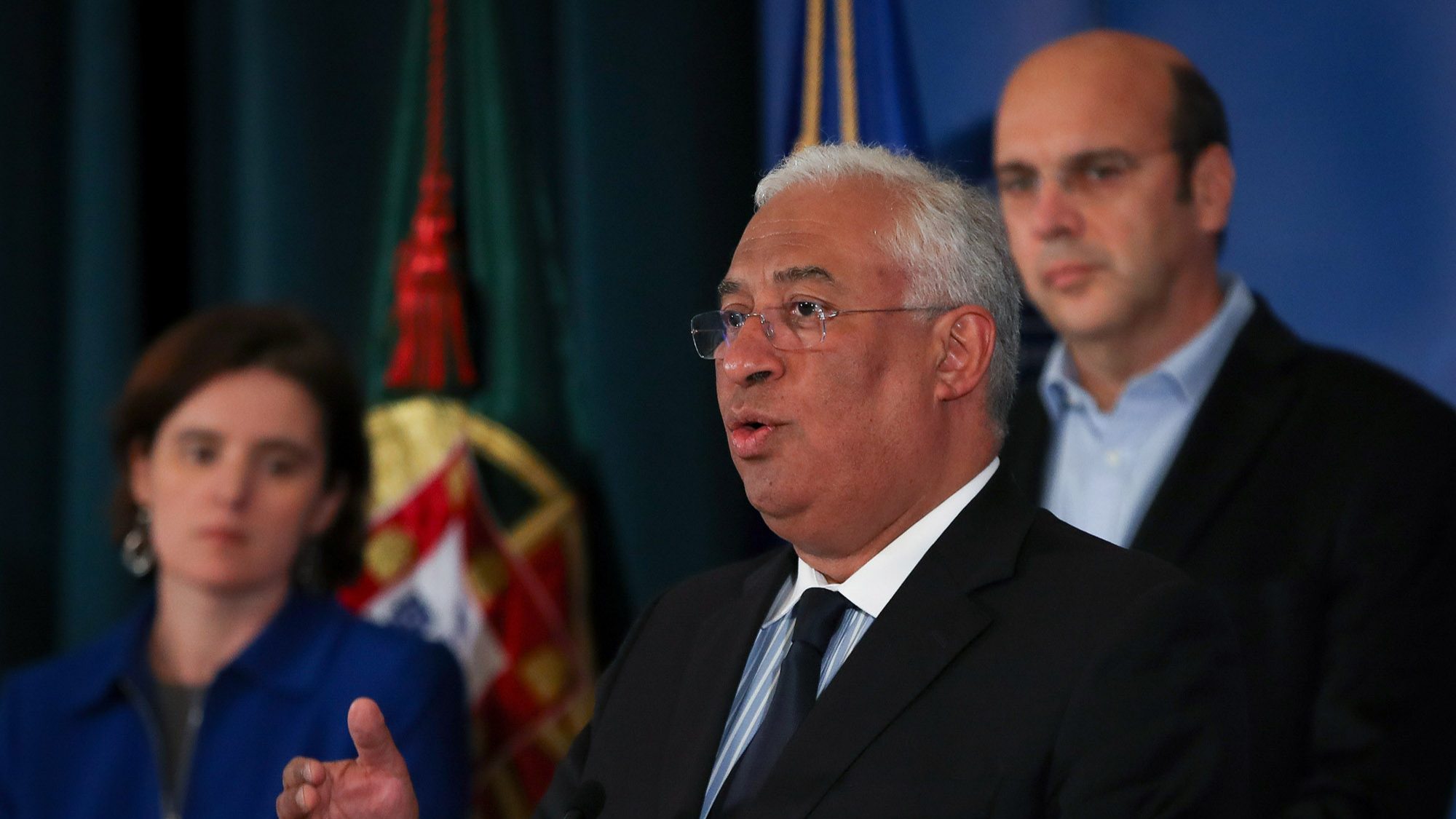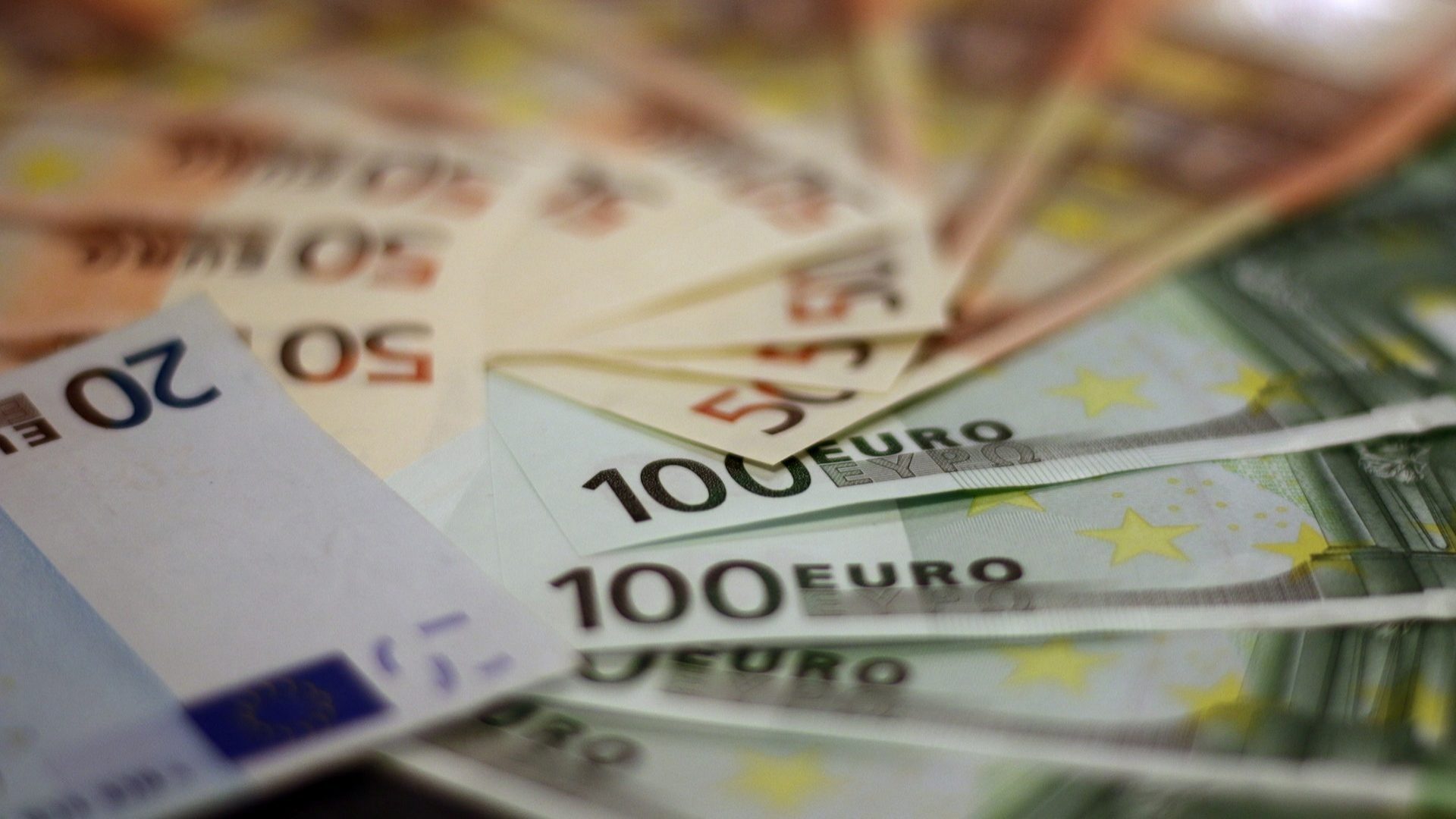Southern neighbourhood partnership “relevant for Portugal” – António Costa
Speaking to journalists, Portugal's prime minister, António Costa, stated that a "partnership with the southern neighbourhood countries" is "particularly relevant for Portugal".
Portugal’s prime minister, António Costa, has welcomed the European Council’s “clear reaffirmation” of “a new ambition for the partnership with the southern neighbourhood countries” which he said was “particularly relevant for Portugal”.
“A clear reaffirmation was made of a new ambition for the partnership with the countries of the southern neighbourhood, which is particularly relevant for Portugal as it borders the Maghreb. Europe must develop a closer relationship from the political, economic and common security point of view,” he said.
Speaking to journalists after the second session of a leaders’ videoconference of the European Union, Costa said that the leaders also had the opportunity to discuss the reinforcement of European autonomy in security and defence matters, in complementarity with NATO and other fundamental partners on a global scale” with the NATO Secretary-General, Jens Stoltenberg.
The European Union leaders on Friday expressed their “commitment” to increasing the “EU’s capacity to act autonomously”, stressing that the bloc must assume “greater responsibility for its security”.
“We want to promote the EU’s interests and values, as well as its resilience and preparedness to combat all security threats and challenges effectively. We reaffirm that, in the face of growing instability in the world, the EU must assume greater responsibility for its security,” the conclusions of the second day of the European summit noted.
In a meeting that was attended by North Atlantic Treaty Organisation secretary-general Jens Stoltenberg, the leaders affirmed that they remain “committed to cooperating closely with NATO” and Joe Biden’s new US administration. Still, they stressed that “global cooperation will benefit from a stronger EU in the field of security and defence”.
In this context, and to “further deepen cooperation” between member states in this area, “increase defence investment” and “enhance the development of civilian and military capabilities”, the heads of state and government are “committed to strengthening the Union’s civilian and military operational engagement”, through “more efficient EU planning and command structure and a stronger implementation of the European Peace Facility”.
After a first day devoted to EU coordination regarding the Covid-19 pandemic, the leaders of the 27 met remotely on Friday to discuss the common security and defence policy.
Leaders first addressed the strengthening of capabilities within the Alliance, military mobility, hybrid and cybersecurity threats and challenges in the EU’s immediate neighbourhood with the NATO Secretary-General, and then turned to the Southern Neighbourhood.


